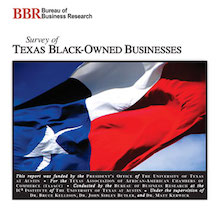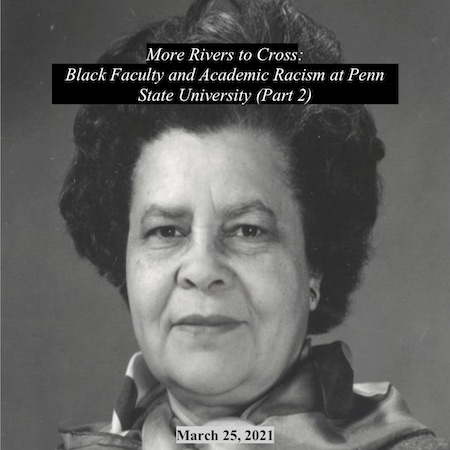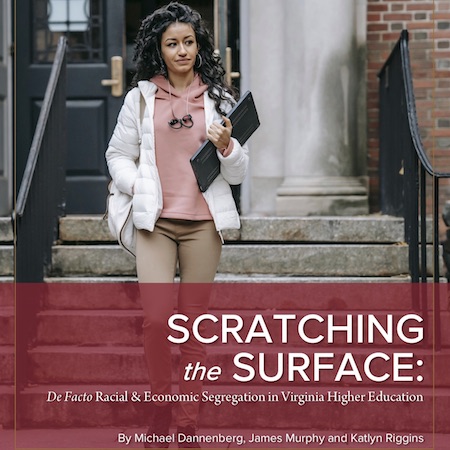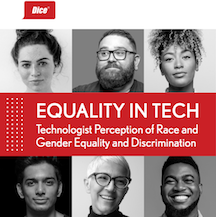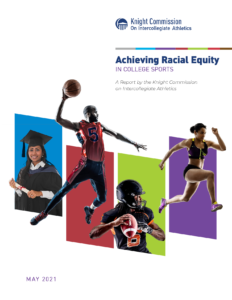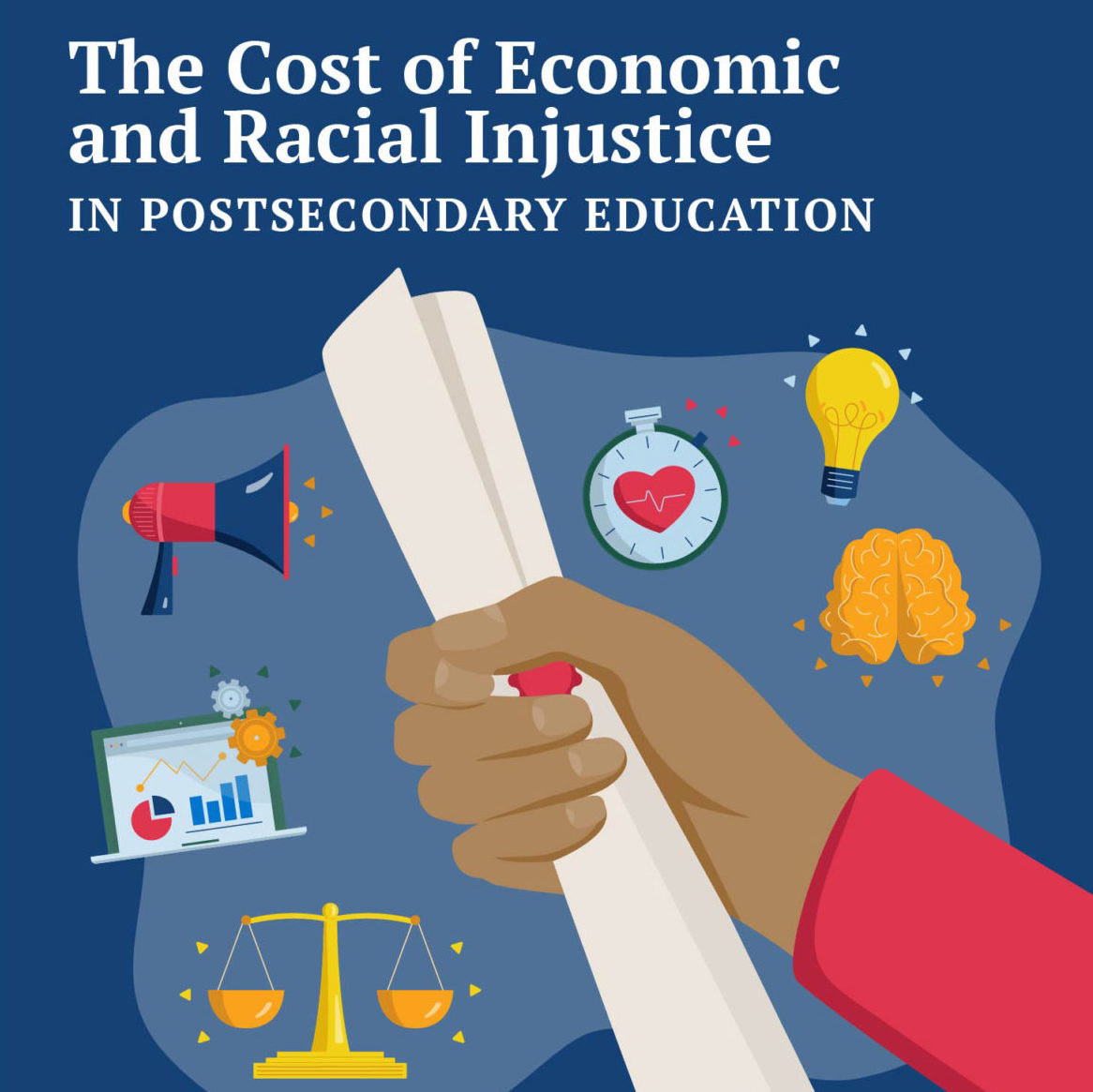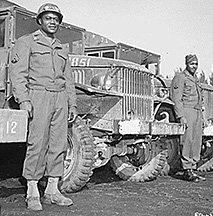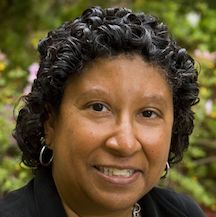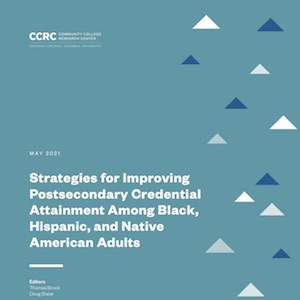University of Alabama at Birmingham Study Finds Racial Geographic Differences in COVID Mortality
The study found the ratio of deaths among those who are infected with COVID-19, was similar between Black and White individuals. But due to existing racial health disparities, African Americans, particularly in the South and Midwest, were more likely to become infected.
Study Finds That Racial Segregation in Public Schools in Virginia Is on the Rise
The report, by researchers at Virginia Commonwealth University and Pennsylvania State University, reveals that segregation among schools in the same division contributes to half or more of all multiracial school segregation in Virginia’s metropolitan regions.
Grading the Nation Top-Ranked Universities on Graduating Their Black Students
All of the 20 highest-ranked universities in the United States according to ratings by U.S. News & World Report have Black student graduation rates far higher than the national average of 48 percent. Harvard has the highest rate at 98 percent, followed by Yale and Princeton.
The Impact of Education and Race on Tobacco Use by American Adults
In 2019, 20.7 percent of African American adults used tobacco products compared to 23.3 percent of non-Hispanic White adults. White adults were nearly seven times as likely as Black adults to use smokeless tobacco products.
The Persisting Racial Gap in College Graduation Rates at Flagship State Universities
At 21 flagship state universities in states with large Black populations, 15 have a racial graduation rate gap of 10 or more percentage points. The widest gap is at the University of Mississippi. There the Black graduation rate of 42 percent is 23 percentage points below the rate for White students.
African Americans Making Slow but Steady Progress in Doctoral Degree Awards
There were 2,512 African Americans who earned doctorates in 2019. They made up 7.1 percent of all doctorates awarded to U.S. citizens or permanent residents in the United States. Women made up 64.3 percent of all African Americans earning doctorates in 2019.
Graduation Rates of Students at State-Operated Historically Black Universities
A few of the nation's private historically Black colleges and universities have achieved progress in graduating their Black students. But at most of the nation's state-operated historically Black colleges and universities, the graduation rates remain very low.
The 21 Historically Black Universities That Awarded Doctoral Degrees in 2019
All told, 21 HBCUs awarded doctoral degrees in 2019. This is the same number of doctoral degree-granting institutions as five years ago in 2014. That year HBCUs awarded 448 doctoral degrees. In 2019, HBCUs gave out 437 doctorates.
The Year in Review: Notable Research on African Americans in Higher Education in 2020
Over the course of 2020, JBHE has published a large number of posts highlighting research on African Americans in higher education. In case readers missed some of these posts, here are links to some of the items published over the past year.
Study Says Empathy Scores Should Be a Part of Holistic Admissions Process for Medical...
In a study sponsored by the American Association of Colleges of Osteopathic Medicine, researchers surveyed 3,616 first‐year, 2,764 second‐year, 2,413 third‐year, and 1,958 fourth‐year medical students to determine their levels of empathy. African American students scored the highest on the empathy index, while Asian Americans scored the lowest.
HBCUs Do More With Less: Despite Financial Handicaps, HBCUs Are Highly Successful
Despite operating with lower revenues and smaller endowments, HBCUs produce about one out of eight bachelor’s degrees earned by Black students in the United States. In short, HBCUs, do more with less.
How Hate Crimes in a State Impact Enrollments at Historically Black Colleges and Universities
The authors of the study, published by the Stanford Center for Education Policy Analysis, found that an increase in reports of state-level hate crimes predicted a 20 percent increase in Black first-time student enrollment at HBCUs.
A Checkup of Black Students at Medical Schools in the United States
In 2020, 22,239 students enrolled in medical school for the first time. Of these, 2,117, or 9.5 percent, were Black. The number of Black matriculants was up 10.5 percent from 2019 and by 51.6 percent from 2013.
Scientists Call for an End to Racial Funding Disparities in Biomedical Engineering
Representatives from a network of women deans, chairs, and distinguished faculty in biomedical engineering are calling upon the National Institutes of Health and other funding agencies to address disparities in allocating support to Black researchers.
Arizona State University Study Shows NFL’s Rooney Rule Has Been Ineffective
There are currently three Black head coaches in the National Football League. That’s the same number of Black head coaches as when the NFL adopted the Rooney Rule in 2003. Of the 115 head coaching hires in that time period since the Rooney Rule was enacted, 92 were White men.
How Reparations Would Have Affected the Racial Disparities in COVID-19 Transmissions
A new study led by researchers at Harvard Medical School shows that had reparations for slavery been awarded to African Americans prior to the onset of the COVID-19 pandemic, the racial disparity in infections, hospitalizations, and death rates due to the virus would have been significantly reduced or eliminated.
Racial Segregation in Major Cities Is Not Just About Housing
A new study of more than 133 million tweets on Twitter from 2013 to 2015 conducted by researchers at Brown University and Harvard University finds that in most urban areas, people of different races don’t just live in different neighborhoods — they also eat, drink, shop, socialize and travel in different neighborhoods.
Study Examines Racial Differences in Students’ Experiences in Campus Housing
After interviewing campus housing administrators, staff, and students at three major universities, Zak Foste of the University of Kansas found that students of color who lived in predominantly White facilities commonly reported not feeling welcome, being uncomfortable with roommates, and avoiding spending time in their residence.
Charter Schools’ Impact on Racial Segregation in K-12 Education
According to the study, led by a sociologist at Cornell University, the average district to expand charter school enrollment between 2000 and 2010 experienced a 12 percent increase in White-Black school segregation and a 2 percent decrease in White-Black residential segregation.
UCLA Analysis Finds Another Racial Health Disparity During the COVID-19 Pandemic
The study found that during the pandemic, African Americans may have had worse access than Whites to outpatient care and thus were less likely to avoid hospitalizations for non-COVID-19–related conditions. This increased African Americans' risk of hospital-acquired infections, the researchers say.
New Report Exposes Widespread Academic Racism at Pennsylvania State University
The new report presents the results of a survey of Black professors at the main and satellite campuses of Penn State regarding their experiences with racism, on the institutional and interpersonal levels, perpetrated by students, colleagues, administrators as well as the academic culture in which they work.
School Integration Was Not Always a Good Thing for Black Educational Attainment, Study Finds
A new study by economists at Washington and Lee University, the New School, and Duke University finds that Black adults who attended racially balanced high schools in the mid-20th century completed significantly less schooling than those who attended either predominantly Black or predominantly White schools.
Report Finds De Facto Racial Segregation in Virginia’s Public Universities
At the University of Virginia, just 13 percent of undergraduates identified as Black or Hispanic; that share is 60 percent lower than the state’s population ages 18 to 24. The College of William & Mary and Christopher Newport University are near large Black population centers but each of their student bodies is just 7 percent Black.
New Survey of IT Professionals Documents Perceptions of Racism in the High-Tech Sector
Dice, the leading database for technology professionals, managing over 9 million profiles in the United States, recently released a new survey that examines perceptions of racism and discrimination in the high-tech industry by employees who work in the field.
Black Faculty Are Vastly Underrepresented at Southern Colleges and Universities
The Southern Regional Education Board has released new data that shows only 9.2 percent of full- and part-time faculty members are Black at public four-year institutions in the 16-state region. Nearly 18 percent of all undergraduate students at these educational institutions are African Americans.
The Racial Gap In Gifted Education Programs Is Not Only About Access
Many studies have shown that Black students are far less likely than their White peers to be selected for gifted education programs. But a new study shows that even when Black students are admitted into these programs they are less likely to benefit from gifted education than White students.
How the COVID-19 Pandemic Has Impacted Black Enrollments in Higher Education
A new report from the National Student Clearinghouse Research Center finds that Black undergraduate enrollments are down 8.8 percent from the spring 2020 semester. But African American enrollments in graduate programs are up 10.4 percent, more than double the increase for Whites.
Knight Commission’s Recommendations for Achieving Racial Equity in College Sports
Proposed reforms suggested by the Knight Commission include permanently eliminating standardized testing for athletic eligibility, boosting diversity in recruiting and hiring of leadership and creating more opportunities for Black student leadership and advocacy.
The Economic Cost of Racial Inequality in Higher Education
The study conducted a simulation that found that the U.S. economy misses out on $956 billion dollars per year, along with numerous nonmonetary benefits, as a result of postsecondary attainment gaps by economic status and race/ethnicity.
How Did Racial Segregation in the Armed Forces Impact Battlefield Mortality?
On July 26, 1948, President Harry S Truman issued Executive Order 9981 which abolished racial discrimination in the United States Armed Forces. But as was the case with schools several years later, desegregation moved at a snail's pace. During the first half of the Korean War, most units remained racially segregated.
Study Finds Blacks in Medical Schools Face an Onslaught of Microaggressions
Sixty-one percent of all respondents to a survey in a study led by scholars at Yale University experienced at least one microaggression a week. Students identifying as Black, Asian, multiracial, and female were the most likely to have experienced microaggressions at least weekly.
New Study Finds Huge Racial Disparities in COVID-19 Mortality Rates
Men are more likely to be infected by COVID-19 and have higher death rates. But that data obscures the fact that Black women are up to four times more likely to die of COVID-19 than White men and three times more likely to die from COVID-19 than Asian men.
A Generational Gap in Religious Participation Among African Americans
A new report from the Barna Group, a California-based research organization, finds that African Americans as a whole remain more religious than other racial/ethnic groups in the United States, but younger Blacks are turning away from organized religion.
Highly Educated and Economically Successful Black Men Do Not Escape Racial Discrimination
The study, by scholars at UCLA and Charles R. Drew University of Medicine and Science in Los Angeles, found that Black men who reach a high socioeconomic status still face higher levels of discrimination compared to their White counterparts. This discrimination can also impact Black men’s physical and mental health, according to the study.
Report Concludes That the Virginia Military Institute Is Run by White Men, for White...
An independent investigation commissioned by the State Council of Higher Education for Virginia found that VMI’s overall unwillingness to change — or even question its practices and traditions in a meaningful way — has sustained systems that disadvantage minority and female cadets and faculty.
Report Presents a Plan to Get More Black Adults Back to College to Earn...
Community colleges can play an important role in helping tBlack adults get back to work through certificate and degree programs that lead to better jobs. But, the report's authors state that colleges need to pay attention to the specific needs of adult students of color as they design programs to boost workers’ skills for today’s labor market.
